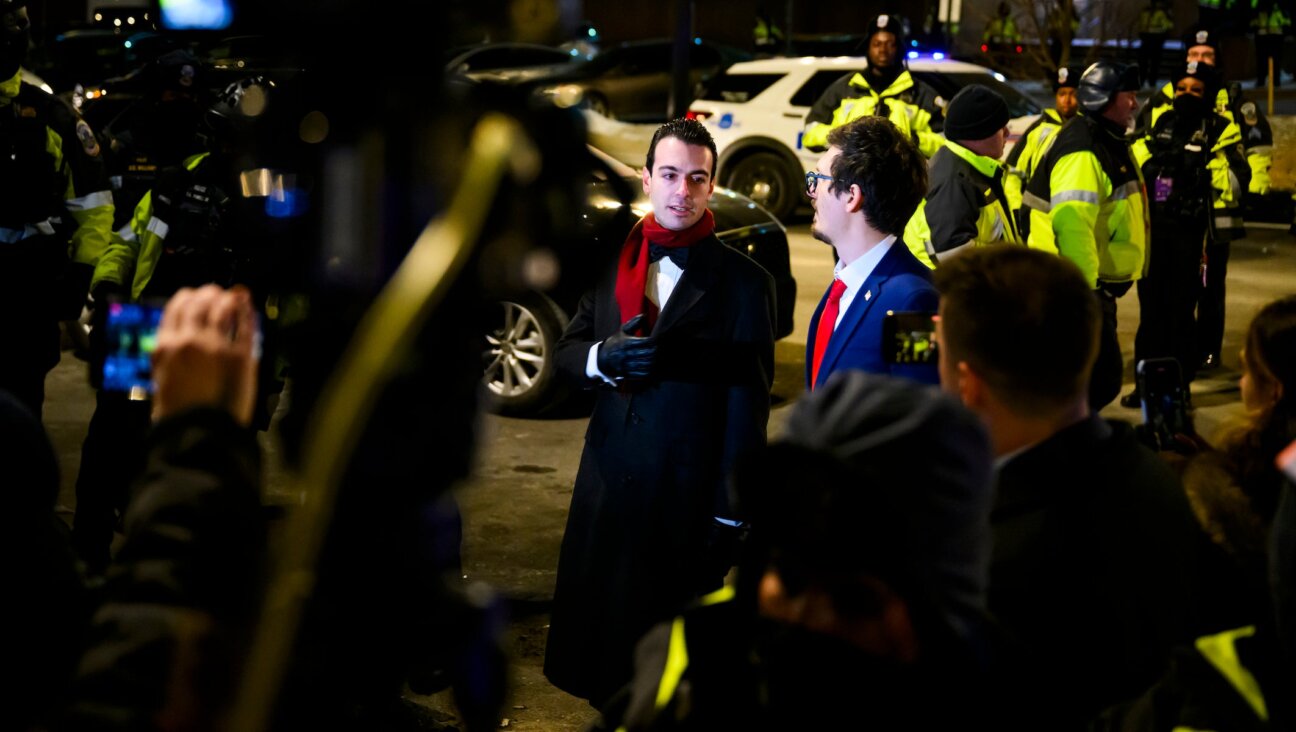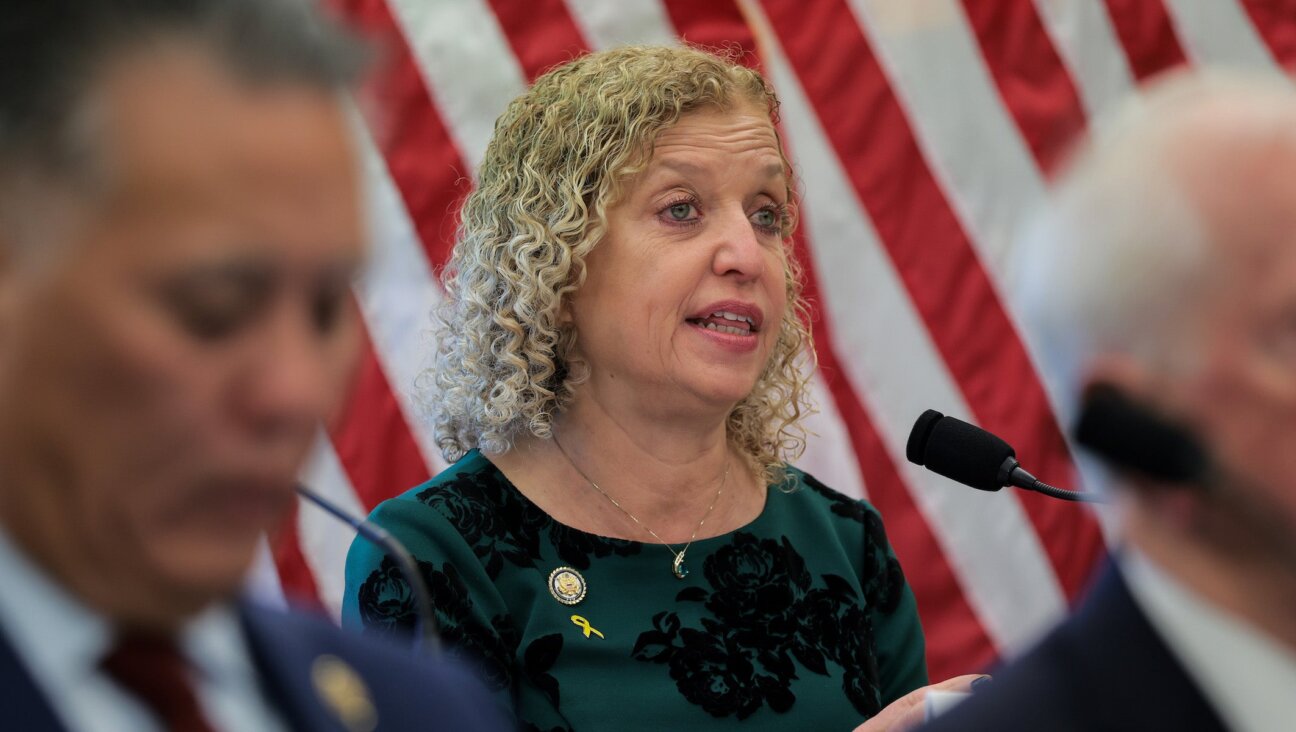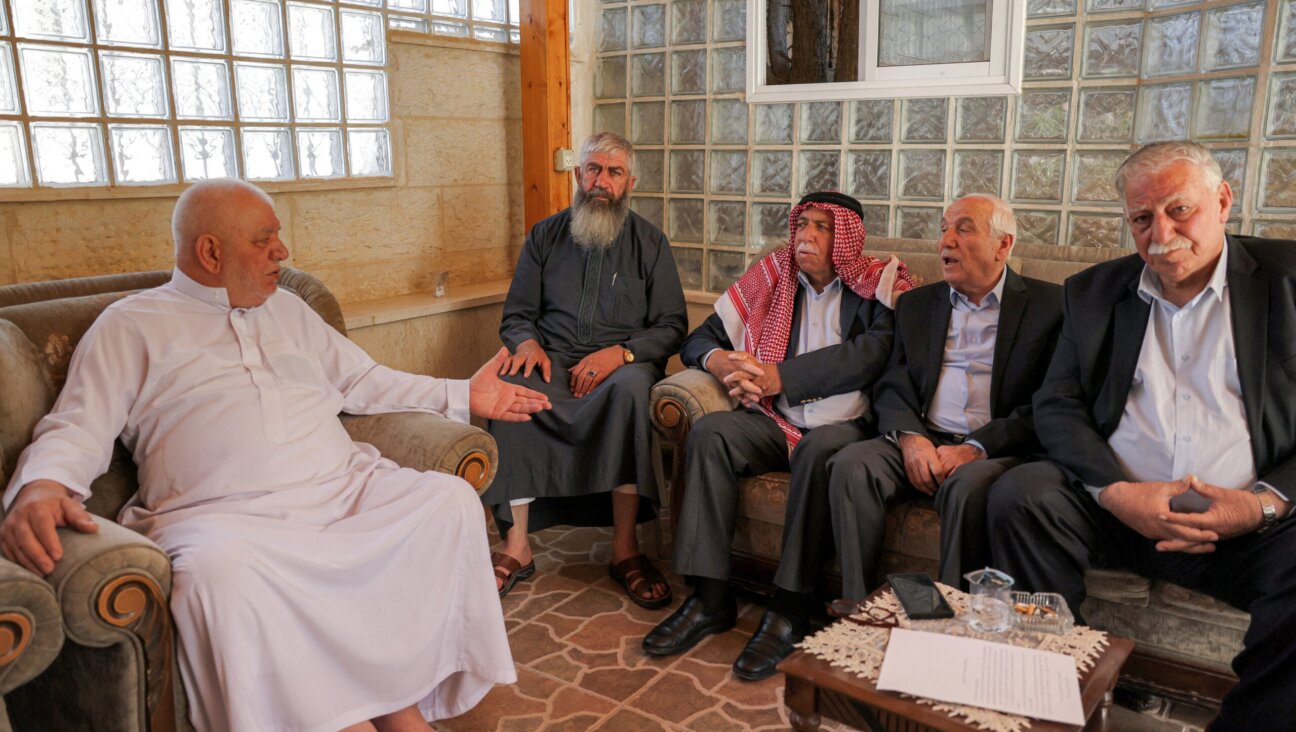Second Round of Peace Talks End With Call for Israel To Extend Settlement Freeze
The second round of direct peace negotiations between Israel and the Palestinians ended in Egypt with calls for Israel to extend its settlements freeze.
Israeli Prime Minister Benjamin Netanyahu and Palestinian Authority President Mahmoud Abbas gathered Tuesday with U.S. Secretary of State Hillary Clinton in the resort town of Sharm el-Sheik.
The three leaders met individually with Egyptian President Hosni Mubarak before holding a three-way meeting. A private meeting between Netanyahu and Abbas, though not on the day?s schedule, was reported to have taken place after the lunch break.
?We think it makes sense to extend the moratorium, especially given that the talks are moving in a constructive direction,? U.S. Mideast envoy Mitchell told reporters at the end of the meetings. Mitchell added that the Obama administration realizes ?this is a politically sensitive issue in Israel.?
Following Tuesday?s meetings, the talks will move to Jerusalem. Clinton is expected to participate.
Israel and the Palestinians have not been able to agree on which issues to tackle first, with Israel calling for discussing security and Palestinian recognition of Israel as a Jewish state, and the Palestinians wanting to discuss final borders.
A major topic of discussion was expected to be Israel?s West Bank construction freeze, which is set to expire at the end of the month.
The Palestinians have said they will bolt the talks should any construction begin again in the settlements. Netanyahu has been seeking creative ways to avoid lifting the freeze completely, including limiting construction to a small number of structures, and possibly only in settlements that are certain to remain in Israeli hands following a peace agreement.
On Monday during a flight from Washington to Egypt, Clinton said the Obama administration has called on Israel to extend the building moratorium.























